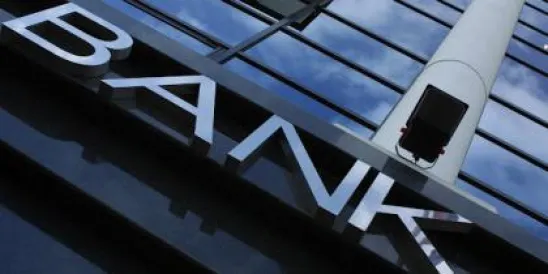The Finance Act 2020 received Royal Assent today (22 July), confirming the anticipated but opposed intention to restore HMRC as a secondary preferential creditor on insolvency.
From 1 December 2020 HMRC’s claim will sit ahead of floating charge holders and unsecured creditors reducing the monies available for distribution to both when a corporate files for insolvency.
While HMRC’s claim is limited to claims for unpaid employer NIC, PAYE and VAT, those claims are often significant (particularly with additional COVID-19 support and deferrals), and despite calls from concerned parties to cap the claim by amount or time (or indeed scrap the proposal altogether) the Act does not do that.
What does this mean for secured lenders and corporates?
This is not good news, particularly in the current economic climate where corporates are already battling with the impact of COVID-19 on their businesses and when the UK is expected to face the worst recession it has seen in decades. Ultimately, the impact is likely to mean less cash for businesses, when businesses desperately need cash to get back on their feet and help boost the UK economy.
Crown preference is likely to result in many lenders increasing provision to address the impact on likely returns and we may see a move towards more lenders taking more fixed charge security or requiring personal guarantees. For corporates, this will mean reduced liquidity and available funds. Our previous blog considers the impact in detail and the concerns highlighted are now further compounded by the impact of COVID-19.
Lenders, particularly asset based lenders who are key to providing working capital for businesses, have already had to address a number of changes to insolvency law in recent weeks and months including:
- an increase to the prescribed part; and
- changes introduced by the Corporate Insolvency & Governance Act (CIGA)
Both changes will impact how lenders do business and the available cash to corporates, and with the reinstatement of crown preference, for lenders, who are being asked to support businesses through these turbulent times, this is an additional blow.
For corporates who are trying to re-start their business the added pressure on cash flow and their creditors’ cash position may, unfortunately, result in more business failures.



 />i
/>i
